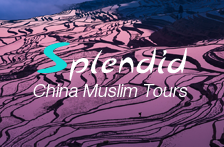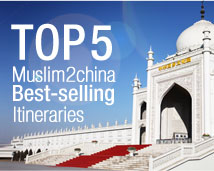
Along the Huoxi River, the Baima people set their villages on the hillside and live together. Pingwu Baima Tibetan concentrated in dozens villages in the Baima, Muzuo, Mupi, Huangyangguan several countries, the largest township is the Baima town, and the township capital is Yiwa.


Yiwadaire Village


The Tibetan people can be divided into three categories: the nomadic Amdo Tibetan, mountain built Jia Rong Tibetans, as well as the special Tibetan living in Sichuan and Gansu: Baima Tibetan.

The Baima people can not understand the Tibetan words, while the Tibetans also can not understand Baima people. Only a few words such as "tea", "wine" can be understood by each other.

In the past, the Baima Women's hair into a pony dozens of pigtails, assembly of a large pigtail, then lengthened with black wool, and decorated with conch and other things, the as long as reach heel, up to eight pounds. Ears wearing silver earrings; men hair is shaved off around the head top comb a pigtail. Baima people like to tie hair into a braid on top decorated with seashells.


Baima people costumes are colorful and exotic. Among the various ethnic groups in China, only Baima has such unique dress. Both men and women braid hair, and throughout the year wearing a disk-shaped dome flounced white felt hat, inserted with white chicken feathers, walking in the wind, swaying in the breeze, exceptionally compelling.



Hat is very unique, the disc-shaped flounced white hat, made of wool


Baima people live in high and cold mountainous valley, and the houses built on mountains, farming, animal husbandry, hunting and gathering for living. The primitive lifestyle makes Baima people reverence for nature and pay homage to landscape, also created their hard-working, courageous character, and gave birth to the Baima primitive ethnic culture.







Luotong Dam is a small but complete humanistic world. The village is located in the edge of a stream, built on a hill, nearly the famous Baima Mountain.




Baima is dominated by agriculture, with Tibetan style of nomadic animal husbandry. The most solemn festival for Baima people is the Spring Festival. Baima people do not have celestial burial custom. Main staple of Baima people are grains such as oats, soybeans, potatoes, etc. and does not love to eat ghee and milk products, nor love eating raw meat.













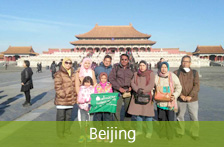
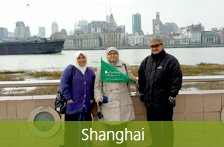
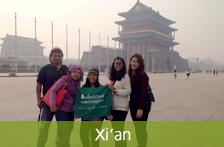
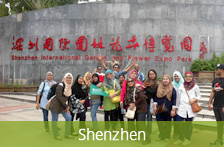
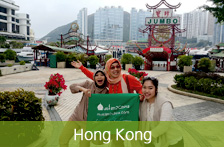
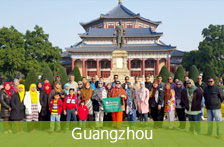
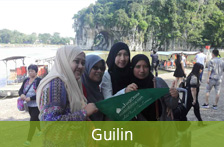
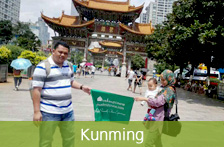
.jpg)





